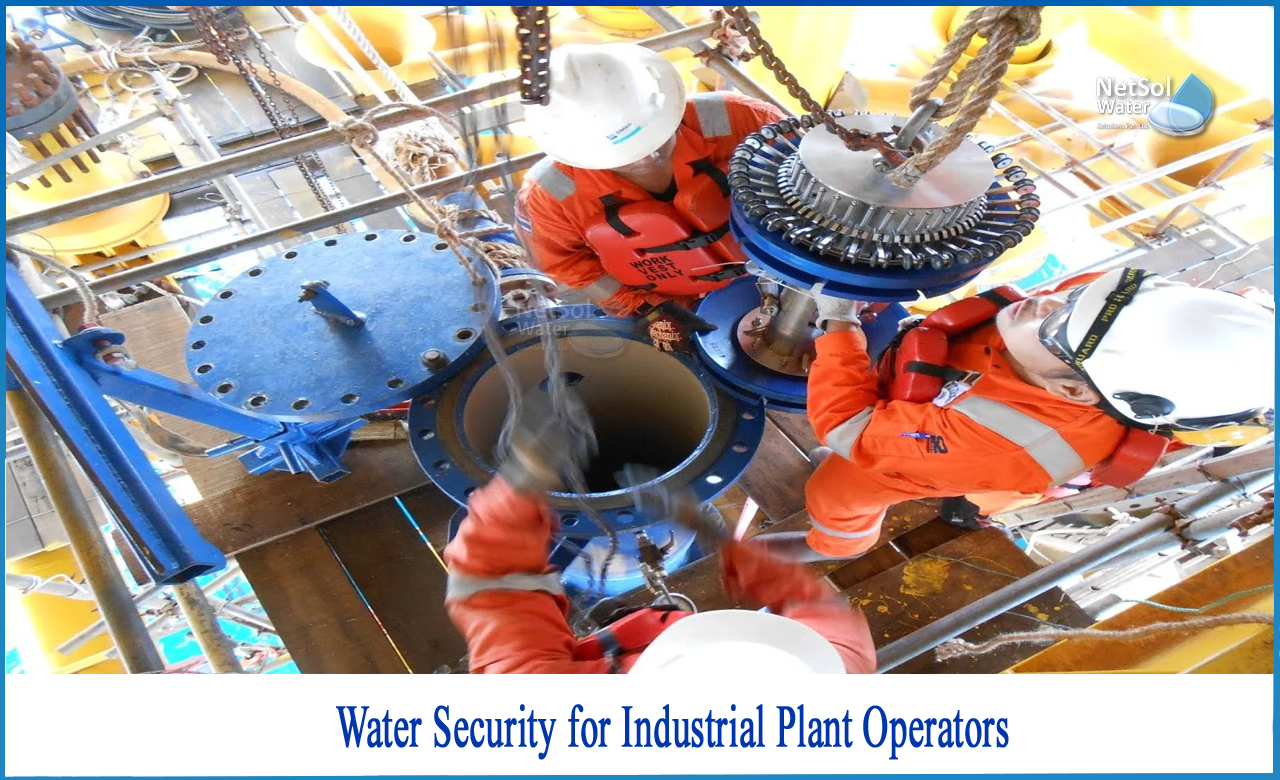What are the challenges faced by Industrial Plant operators?
Plant operators face a variety of challenges in providing treated water, ranging from production and operations to the provision and commissioning of new schemes. These difficulties include maintaining and refurbishing plants in a timely manner, as well as avoiding downtime. These requirements must be met in a safe and cost-effective manner at all times in order to meet all production demands on a consistent basis.
Applications for mobile water services
Occasionally, businesses will experience an unanticipated need for replacement treated water solutions. In these cases, emergency temporary solutions can help to avoid downtime caused by an unforeseen requirement. This could be a requirement to compensate for a plant failure.
In another case, a site may require routine planned maintenance on their water treatment plant, in which case they require a temporary solution for weeks or months while work is completed to avoid service disruption.
Another potential need could arise during the construction of a new network or the extension of an existing one. When it comes to commissioning equipment, engineering firms can benefit from the rental of mobile assets to allow for the rapid filling and flushing of tanks and pipework, ensuring contract deadlines are met without delay.
A developing technology
Since the introduction of mobile water services to the market, a lot has changed.
Originally, they were simply ion exchange resins mounted inside trailers that could be transported to a location and used to provide a temporary supply of high purity water. However, as needs have evolved, there has been a greater demand for a broader range of physical and chemical technologies, such as degasification, pretreatment by clarification and filtration, as well as reverse osmosis, absorption, ultrafiltration, and ancillary equipment.
Causes of Water Degassing
For breweries or distilleries, oxidation is caused by oxygen, which is harmful to the flavour profile of the beer. As the shelf life of the brew decreases, oxygen becomes the brew's worst enemy. As a result, it should be avoided getting into the finished beer. This can be accomplished by providing oxygen-free feed water for blending. As a result, Water Degassing is an essential practice for beer and other beverages. There are numerous options for water deoxygenation depending on a variety of factors such as economic situation, available area or space, production facilities, and so on.
How does this process work?
Some membranes are created. These are membrane degassers that can reduce oxygen saturation levels in feed water to as low as 20 parts per billion (ppb) without the use of chemicals. The system, which is housed in a container, can be used to remove the oxygen and carbon dioxide content of process water in a flexible, quick, and efficient manner. This treatment is required to prevent corrosion in the pipes.
Because the units are portable, they can be positioned to make the best use of available space, eliminating or reducing the need to construct infrastructure to house the equipment. To provide the required flow rate, any number of assets can be operated in parallel or in series. Furthermore, these modular units can be easily exchanged for the most recent, updated technology over time, ensuring that a company's water treatment systems remain cutting-edge and benefit from the most cost-effective, available solution from its mobile water services supplier.
What are we offering?
Water and wastewater treatment companies are facing increasing challenges in meeting targets and lowering costs in the short and long term. Embracing new technologies that enable greater control over water treatment and management can assist organizations in meeting current and future industry demands.



